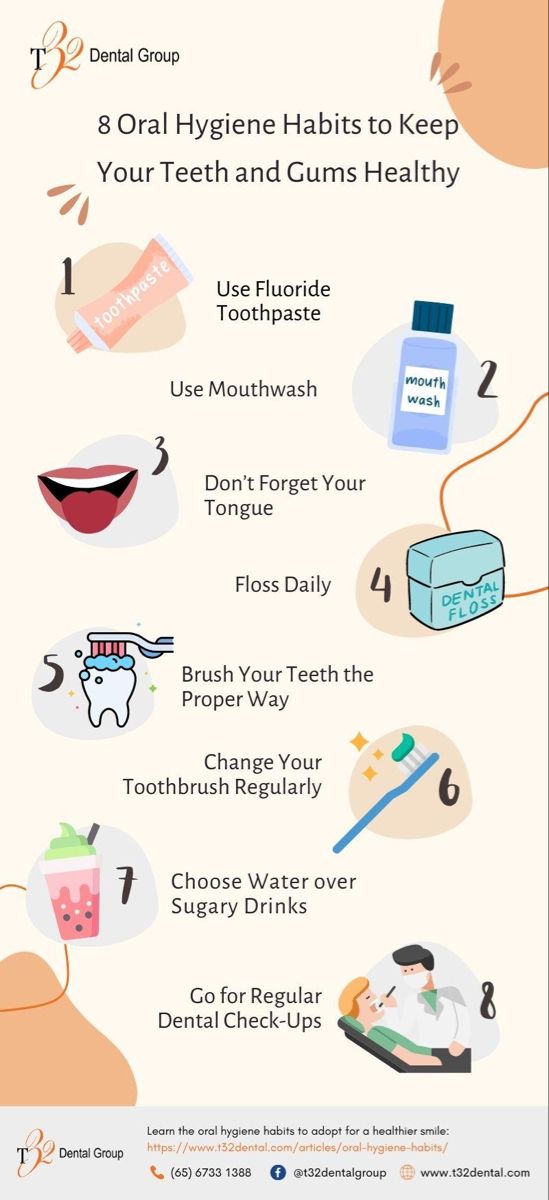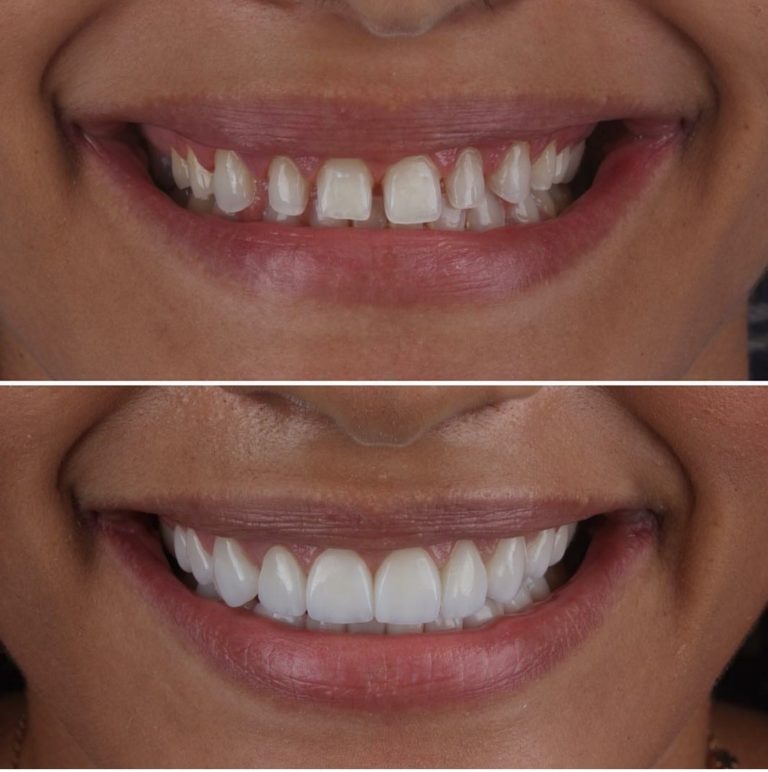Sore Gums After Filling: Easy Healing Tips
The dreaded sore gums after a filling - a common issue that can leave you feeling uncomfortable and wondering when the pain will subside. If you’re experiencing this, you’re not alone. Sore gums after a filling are a typical side effect of the dental procedure, and the good news is that there are several easy healing tips to help alleviate the discomfort.
To understand why sore gums occur after a filling, it’s essential to grasp the basics of the dental procedure. When a dentist performs a filling, they need to remove the decayed portion of the tooth and prepare the area for the filling material. This process can cause irritation to the surrounding gums, leading to soreness, swelling, and sensitivity. The type of filling material used, such as amalgam or composite resin, can also contribute to gum soreness.
One of the primary reasons for sore gums after a filling is the inflammation caused by the procedure. When the dentist injects anesthesia into the gum tissue, it can lead to swelling and inflammation, which can cause discomfort. Additionally, the filling material itself can irritate the gums, especially if it’s not properly shaped or polished.
Now, let’s dive into the easy healing tips to help soothe your sore gums after a filling.
Immediate Relief
For immediate relief, try applying an ice pack to the affected area. The cold temperature can help reduce swelling and numb the pain. You can also use a topical anesthetic cream or gel, such as Orajel or Anbesol, to numb the gums. However, be sure to follow the instructions and use these products in moderation.
Oral Care Routine
Maintaining good oral hygiene is crucial during the healing process. Brush your teeth gently with a soft-bristled toothbrush and a fluoride toothpaste, avoiding the sensitive area. You can also use a saltwater rinse to reduce inflammation and kill bacteria. Mix 1 teaspoon of salt with 8 ounces of warm water and swish the solution around your mouth for 30 seconds before spitting it out.
Dietary Adjustments
Making some dietary adjustments can also help alleviate sore gums. Avoid hot, cold, spicy, or acidic foods and drinks, as they can irritate the gums and prolong the healing process. Opt for soft, bland foods like yogurt, scrambled eggs, or mashed potatoes instead. You can also try eating on the opposite side of your mouth to reduce discomfort.
Natural Remedies
Several natural remedies can provide relief from sore gums. Aloe vera gel, for instance, has anti-inflammatory properties that can help soothe the gums. You can apply aloe vera gel to the affected area using a cotton swab. Tea tree oil is another natural remedy that has antibacterial properties, which can help prevent infection. However, be sure to dilute the tea tree oil with water before applying it to your gums.
Professional Advice
If your sore gums persist or worsen over time, it’s essential to consult your dentist for professional advice. They can assess the situation and provide personalized guidance on how to manage the discomfort. Your dentist may also recommend a follow-up appointment to check on the healing progress and make any necessary adjustments to the filling.
FAQ Section
How long do sore gums after a filling typically last?
+Sore gums after a filling can last anywhere from a few days to a week or more, depending on the individual and the extent of the procedure. If the discomfort persists or worsens, consult your dentist for advice.
Can I use over-the-counter pain relievers for sore gums?
+Yes, over-the-counter pain relievers like ibuprofen (Advil, Motrin) or acetaminophen (Tylenol) can help alleviate sore gums. However, always follow the recommended dosage and consult your dentist or doctor before taking any medication.
How can I prevent sore gums after a filling in the future?
+To minimize the risk of sore gums after a filling, maintain good oral hygiene, avoid postponing dental appointments, and inform your dentist about any concerns or sensitivities you may have. Regular dental check-ups can also help prevent decay and reduce the need for fillings.
In conclusion, sore gums after a filling are a common issue, but there are several easy healing tips to help alleviate the discomfort. By following these tips, maintaining good oral hygiene, and consulting your dentist when necessary, you can promote a speedy recovery and enjoy a healthy, pain-free smile. Remember, if you experience persistent or severe pain, it’s essential to consult your dentist for professional advice to ensure the best possible outcome.



